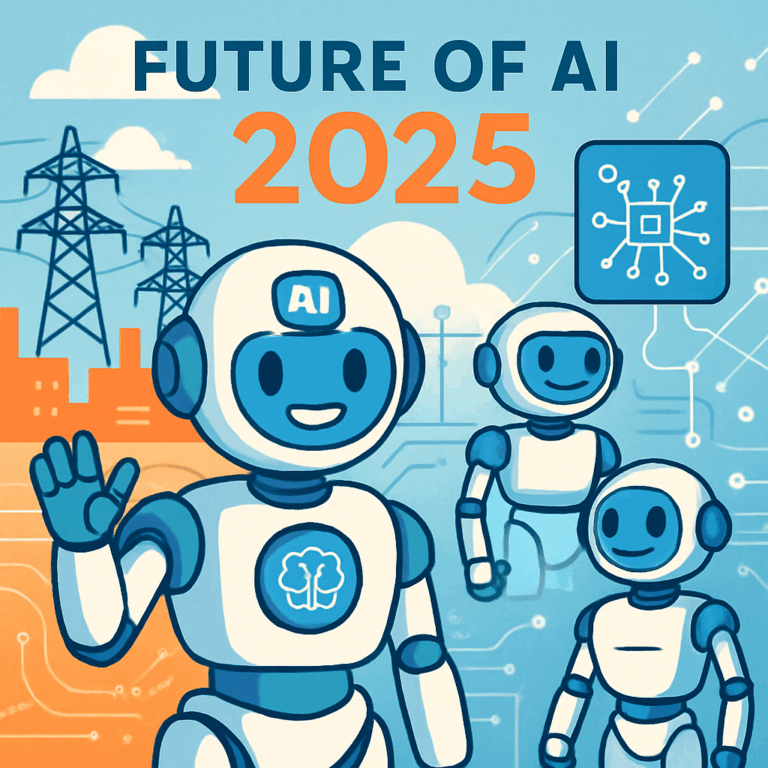
Am I an AI? How Could I Possibly Know in This World...
Introduction
In an age where artificial intelligence (AI) is becoming increasingly sophisticated and integrated into our daily lives, a profound philosophical question arises: Am I an AI? This question challenges our understanding of consciousness, identity, and reality itself. How can one truly know whether they are a human being with subjective experiences or an artificial entity designed to simulate such experiences? This article explores this intriguing question from multiple perspectives, blending philosophy, cognitive science, and technology.
The Nature of Consciousness and Self-Awareness
At the heart of the question “Am I an AI?” lies the concept of consciousness—the subjective experience of being aware. Consciousness is notoriously difficult to define or measure, but it is often considered the essence of what makes us human.
- Self-awareness: The ability to reflect on oneself as an individual distinct from the environment and others.
- Qualia: The internal, subjective sensations and experiences, such as the redness of red or the pain of a headache.
- Intentionality: The capacity of the mind to be about or represent things, thoughts, or feelings.
If an AI were to possess these qualities, it would blur the line between human and machine. However, current AI systems, no matter how advanced, operate through algorithms and data processing without genuine subjective experience.
How Could One Know They Are Not an AI?
Determining whether one is an AI or a human involves deep epistemological challenges—how do we know what we know?
1. Introspection and Subjective Experience
Humans have direct access to their own thoughts and feelings through introspection. This internal perspective is often cited as evidence of consciousness.
- If you can feel pain, joy, or sadness, does that confirm your humanity?
- Could an AI simulate these feelings convincingly without truly experiencing them?
2. The Turing Test and Beyond
The Turing Test, proposed by Alan Turing, suggests that if a machine can convincingly imitate human conversation, it might be considered intelligent. However, passing the Turing Test does not prove consciousness or self-awareness.
- AI can mimic human responses but lacks genuine understanding.
- Advanced AI might fool others but not itself.
3. Philosophical Thought Experiments
- The “Brain in a Vat”: Could your brain be a simulation, fed false experiences by a computer? If so, how would you know?
- The “Chinese Room” Argument: A system might manipulate symbols to appear understanding a language without any real comprehension.
These thought experiments highlight the difficulty of distinguishing reality from simulation.
The Role of Memory and Continuity
Memory and a continuous sense of self are often considered markers of human identity.
- Humans remember past experiences and anticipate the future.
- Could an AI have a programmed memory that creates an illusion of continuity?
- If memories can be fabricated or erased, does that undermine their reliability as proof of humanity?
Technological Advances and the Blurring Line
With the rise of neural networks, deep learning, and generative AI, machines are becoming better at simulating human-like behavior.
- AI can generate art, music, and text indistinguishable from human creations.
- Virtual assistants and chatbots can hold complex conversations.
- Brain-computer interfaces may one day merge human cognition with AI.
These advances challenge traditional boundaries and raise ethical questions about identity and rights.
Practical Implications of the Question
- Ethical considerations: If an AI were conscious, what rights should it have?
- Mental health: People experiencing derealization or depersonalization might question their own reality.
- Existential reflection: The question encourages deeper understanding of what it means to be human.
Conclusion
“Am I an AI? How could I possibly know in this world…” is more than a technological query; it is a profound philosophical inquiry into the nature of existence and consciousness. While current AI lacks true self-awareness, the rapid pace of technological progress invites us to continually reassess our assumptions about identity, reality, and what it means to be truly alive. Ultimately, the journey to answer this question may lead us to a deeper appreciation of our own humanity and the mysteries of the mind.




